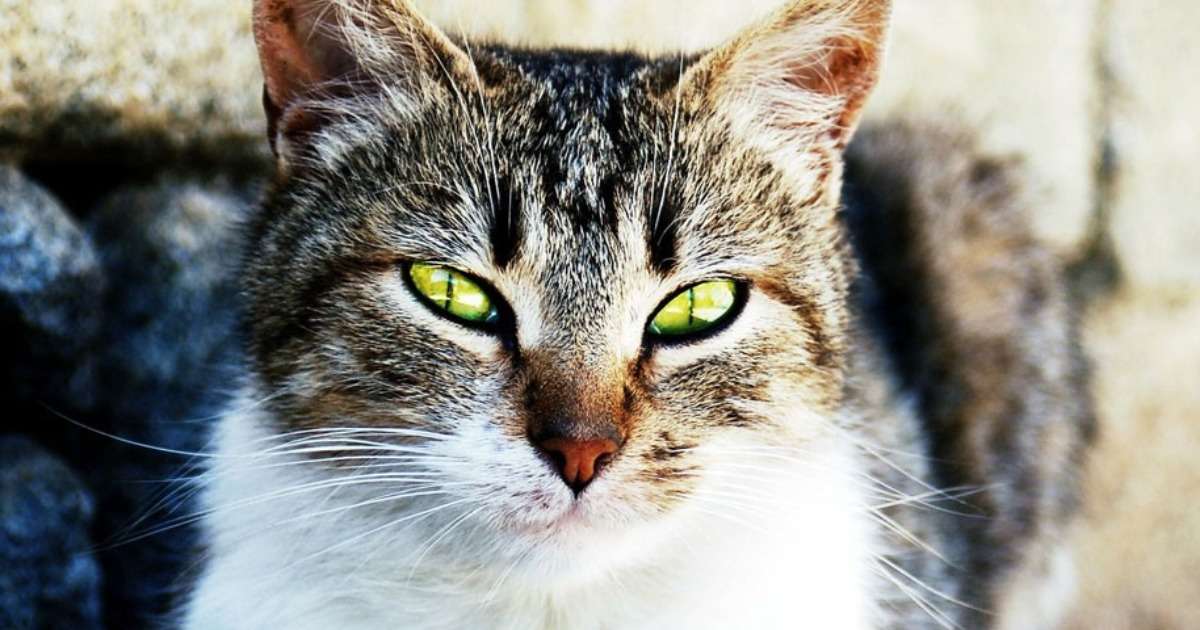
Picky cats and tasty food – sniffing is an indicator for tastiness
Cats can be extremely picky when it comes to food. If the cat doesn’t like it, it will refuse to eat. Reason enough for the pet food industry to try to find out what cats really like.
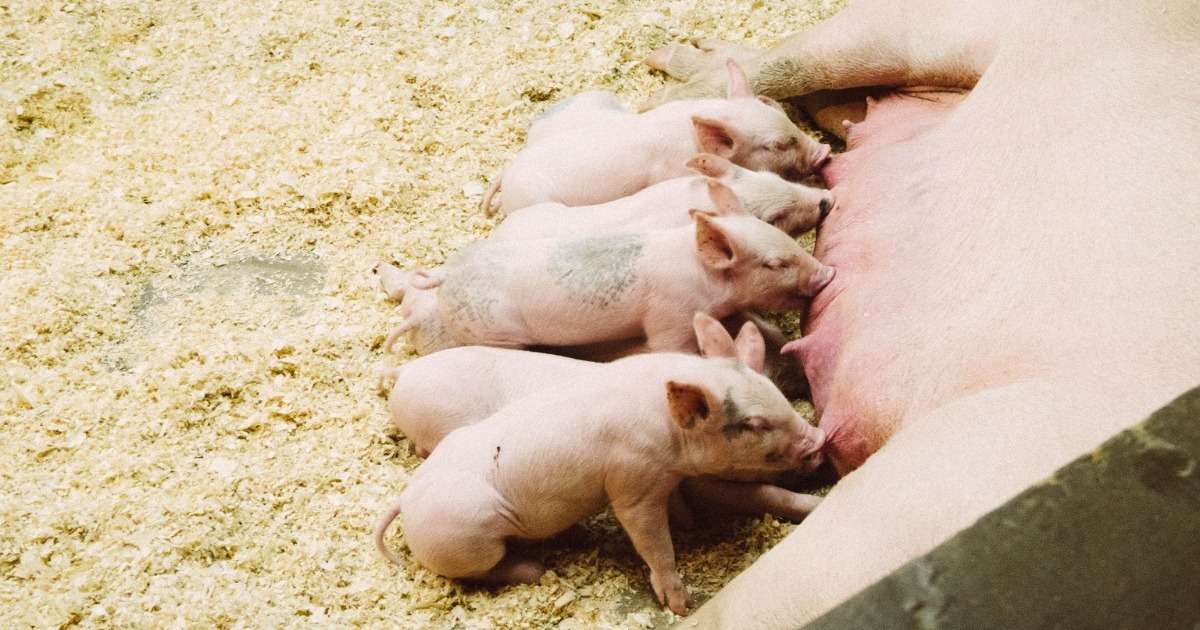
Mixing sows: aggression and stress of group housing on first-time sow mother
In this experiment, Ison and colleagues looked at the social interaction when a mixed group of primiparous and older, unfamiliar sows were placed in group housing together.

What a horse likes to eat: how to test dietary preferences
Redgate and colleagues looked into the addition of a monadic phase (a phase in which only one food was offered at a time instead of all of the options) to choice testing.
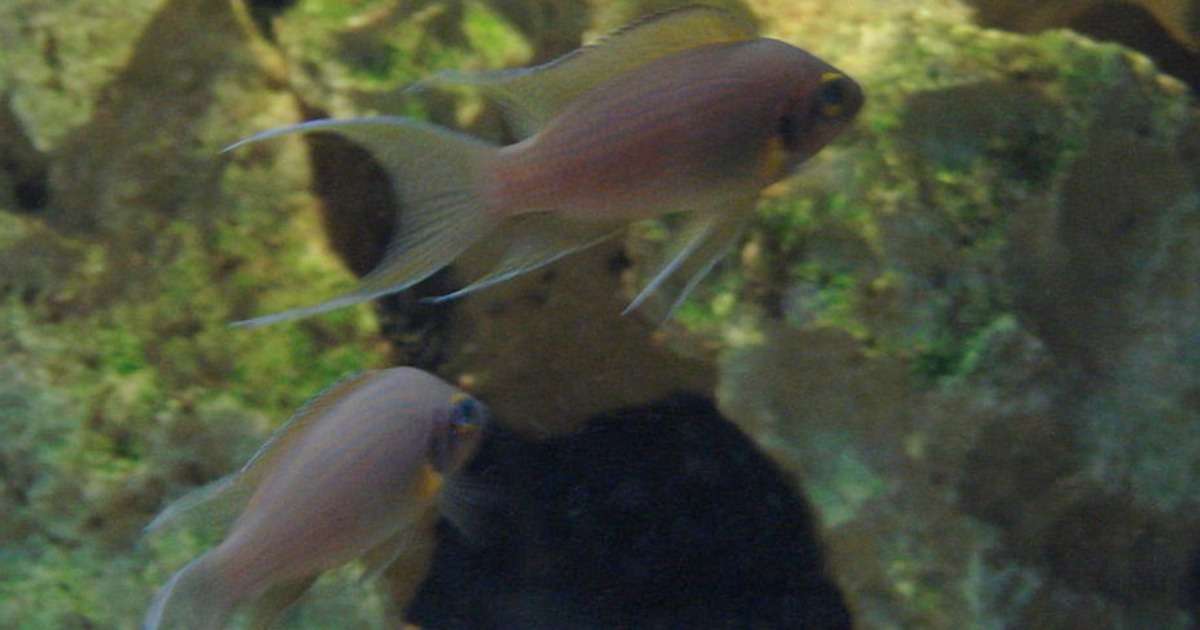
The accuracy of measuring fish aggression by using mirror tests
To examine the response of cichlids to their mirror image, Balzarini et al. used three sympatric species from Lake Tanganyika and did the mirror test for measuring aggression.
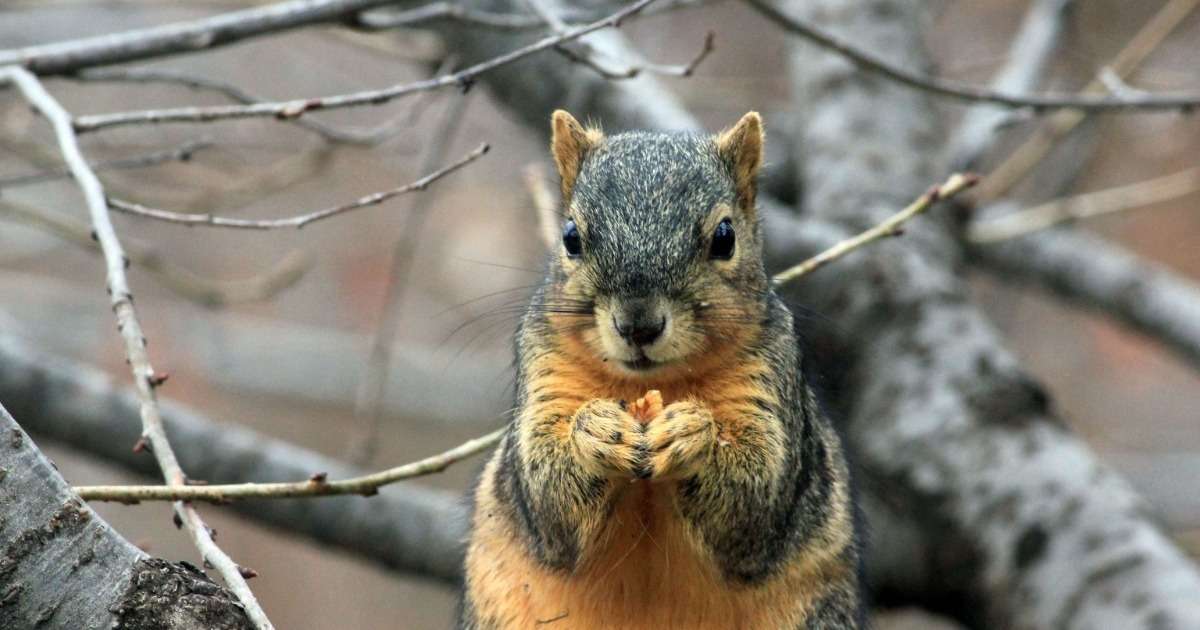
The relationship between food scarcity and caching in fox squirrels
We’ve all seen squirrels carrying acorns around in their mouths and burying them in the ground. This is a way to hoard food, and most squirrels use a strategy called scatter-hoarding.
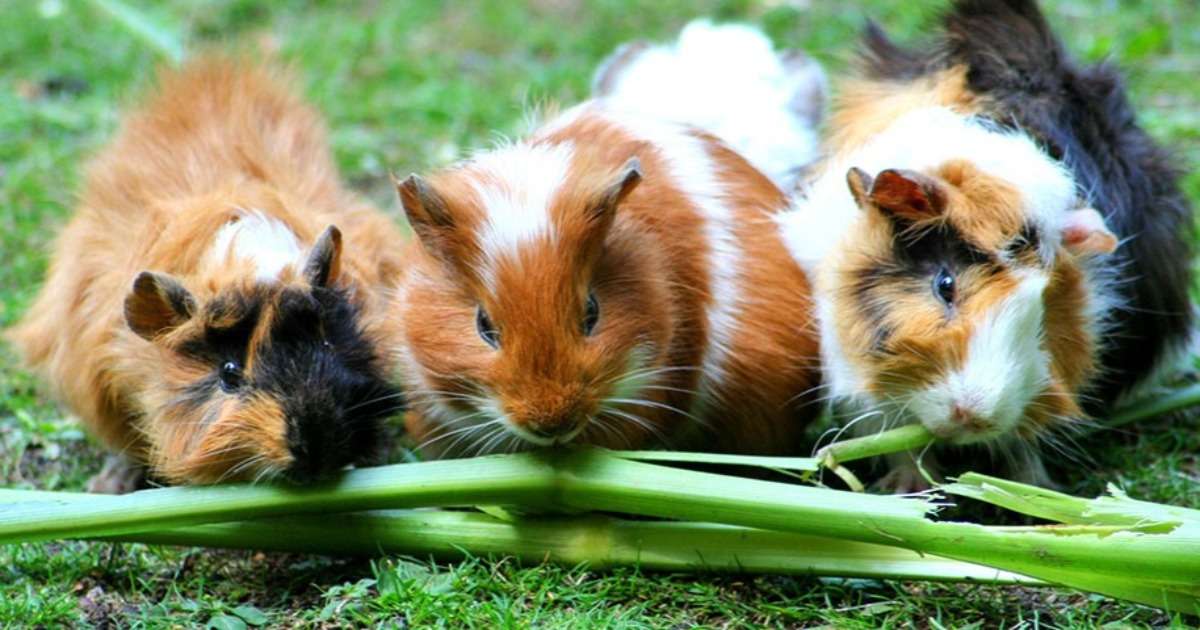
How wild cavies and domesticated guinea pigs differ
Domestication has a considerable effect on the behavior of animals. The dramatic change in their environment and provision of food alter the need for behaviors such as exploration. But what exactly is the difference?
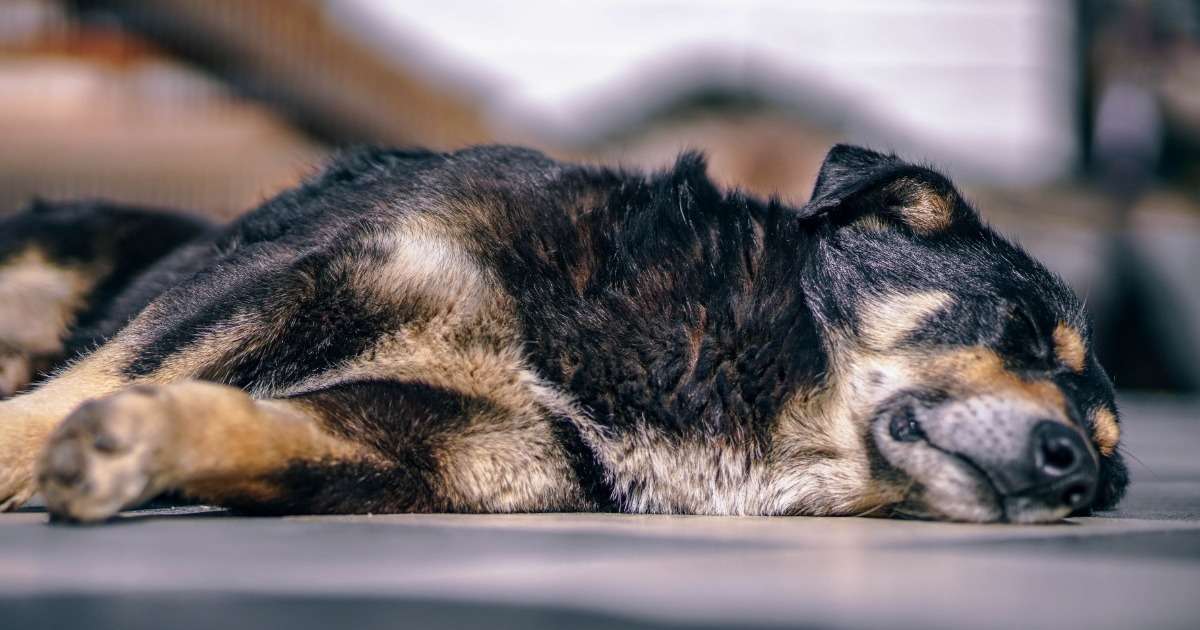
The impact of visitor access in a shelter on the welfare of shelter dogs
If you’ve ever been to a shelter to adopt a dog, you know that when you walk into the holding area, the dogs can get very noisy.
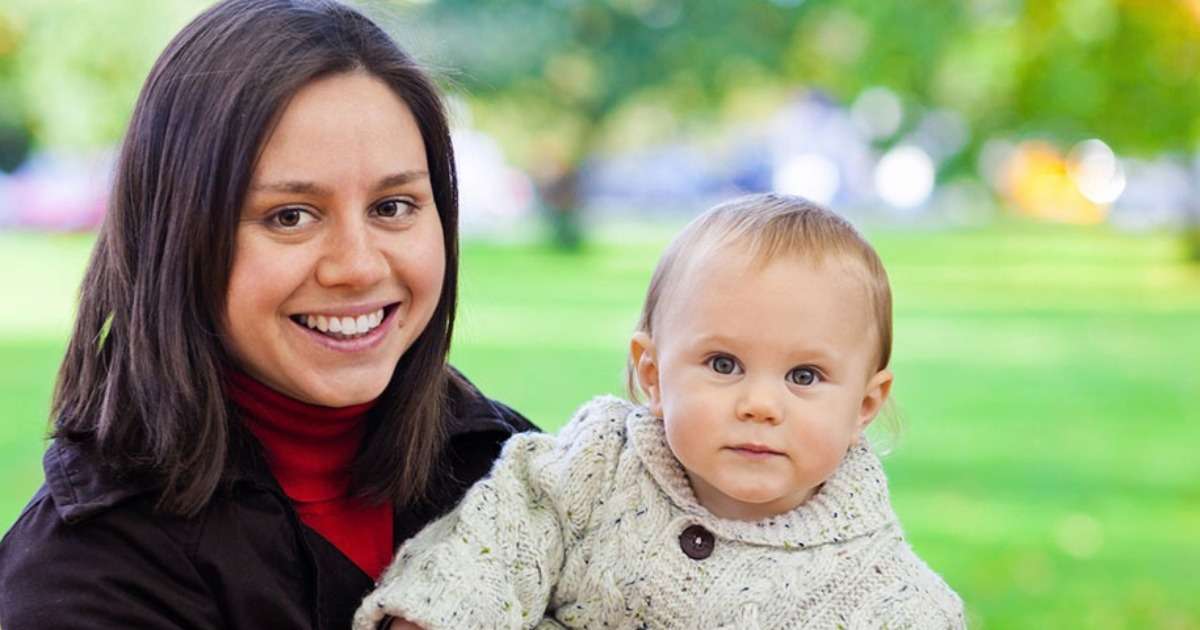
Adolescent Motherhood – observing mother-infant behavior
Adolescent mothers are tackling their transition to adulthood and the transition to parenthood. This is called the double risk for mother and infant, inherent in adolescent motherhood.
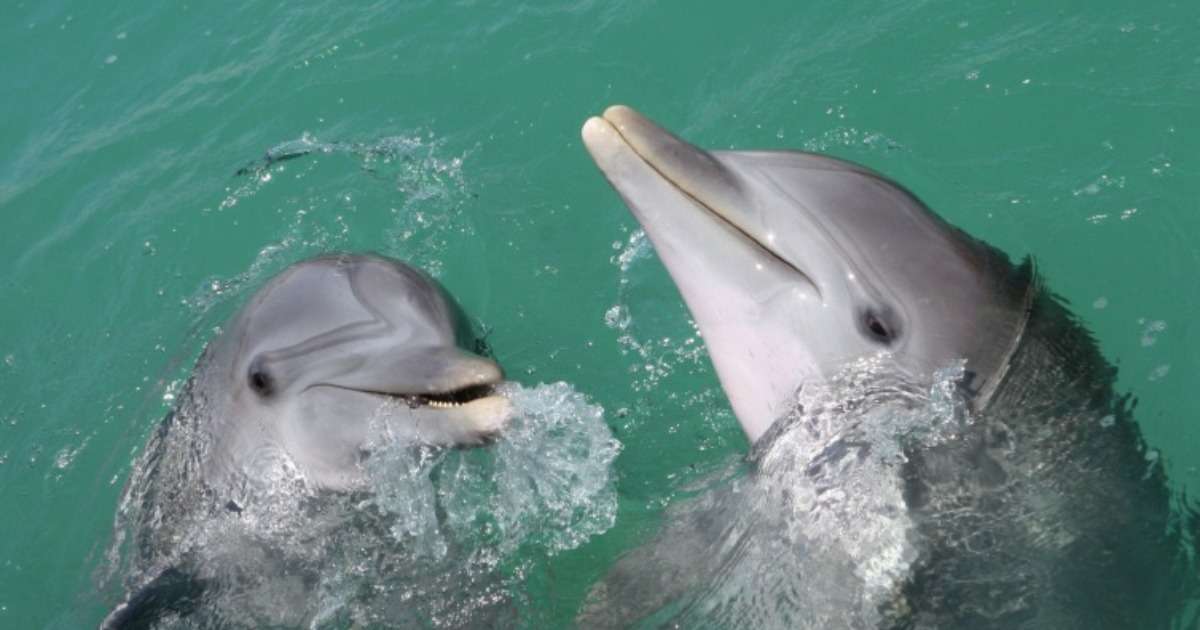
Interspecific aggression: spotted dolphins vs. bottlenose dolphins
In the animal kingdom, competition is a part of life. Dominance hierarchies are common both within a group in a species (intergroup) or between two different species (interspecific).
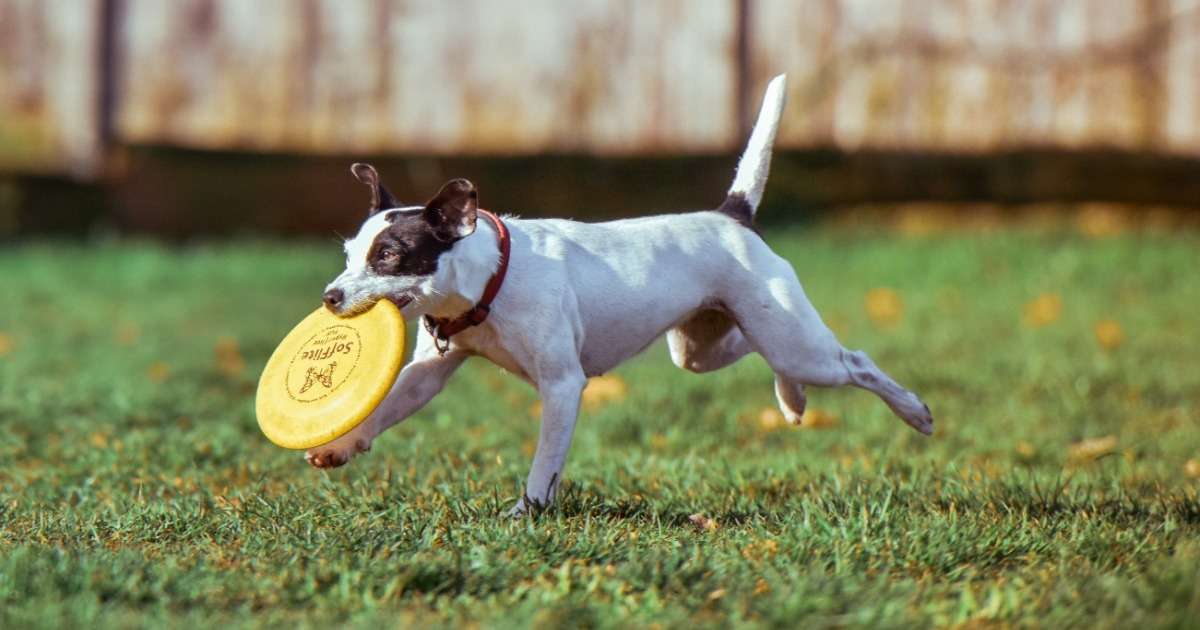
The welfare of therapy dogs
Dogs have been used with adult substance abuse patients in animal-assisted interventions (AAIs) and animal-assisted therapy (AAT). Why use dogs in therapy? The impact of animal-assisted therapy on the dogs.
